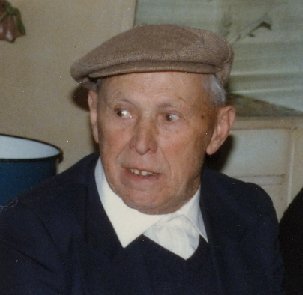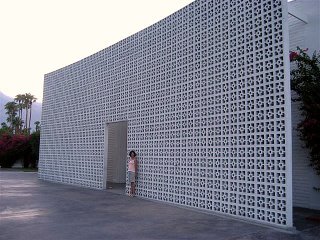 Anthony’s grandfather was a beekeeper in Croatia -- by hobby, not by trade.
Anthony’s grandfather was a beekeeper in Croatia -- by hobby, not by trade.One springtime, a hive bursting with the weight of bees, broke in two, cascading a bowl of bees down from their treetop perch. Anthony’s grandfather, Vice (pronounced “Vee-tseh”) Zaper, discovered this renegade colony, stuck it in a bucket, and transferred it to a box with a vacant honeycomb. The bees took up housekeeping chores and stayed the season.
Meanwhile, Vice honed his bee-keeping savvy. He scrutinized books on the craft, and spent quite a lot of time observing his bees, prying off the lid, getting to know them. The first winter, when cold set in, a mold developed in the honeycomb and sickness overtook his bees. He learned to prevent this plague. Vice beguiled his daughters with stories of who the bees were – the queen, the busiest honey gatherers, the lazy freeloaders. He’d instantly identify these out of the swarm of hundreds.
Wildflowers on the land, profuse in spring and summer, kept the bees spellbound and industrious. They produced a vivid yellow honey that Vice scraped out of the comb before spinning chunks of the wax in a machine to more efficiently drain the nectar.
Jarfuls kept the family and neighbors through winter. They’d sweeten wild chamomile tea with it, slather in on bread, or bake it into pastry and cakes in place of sugar. But nothing tasted better than the raw honey, sucked or chewed straight from the waxy honeycomb.
 The honey served an important medicinal role, too. A spoonful soothed a sore throat. More serious ailments called for a potion of honey and cloves, simmered with wine, rum, or cognac.
The honey served an important medicinal role, too. A spoonful soothed a sore throat. More serious ailments called for a potion of honey and cloves, simmered with wine, rum, or cognac.Vice’s actual business involved nectar of a different sort. He made wine – rosé pressed from both white and red grapes on the property. He’d put his grapes in containers to ferment; 3 days for sweeter wine, 5 days for drier. Weights on top helped keep out air and minimize spillage from the froth. Vice let the natural yeasts have their way with the juice, never adding anything. When ready, he’d press the juice and siphon it into barrels – made from oak he chopped, then forged himself.
The villagers in Vojniče ("Voy-nee-cheh") knew where to come for their alcohol – about 150 cases of wine a year, in unlabeled bottles. They also bought his heftier stuff, grappa derived from leftover grape seeds and skins, boiled and distilled until clear.
Today, the family land in Croatia remains. But the vacant bee boxes and barrels rot in the yard, and the grapevines were set on fire years ago. There’s no vintage magnum of wine locked away, dusty in a cellar. And yet a stash of sweet nectar exists, devoured occasionally by Vice’s children, grandchildren, and great grandchildren: the legacy of quainter times and distant kingdoms.



0 Comments:
Post a Comment
<< Home